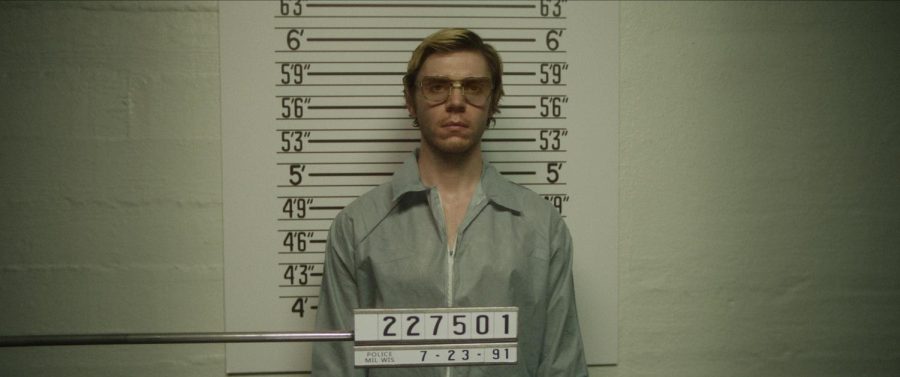True Crime Media: The Real Threat
It is an inevitable truth that we’re all quite familiar with: the consumption of digital media has become an integral part of our everyday lives. From movies to podcasts to video essays to social media posts, the internet is a limitless void of constant information and entertainment at our fingertips. Even further, it is available in all different formats, each designed to keep us stuck in the never ending cycle of constant, mindless intake. Over the past several years, one genre has seemed to stand out among the others as both incredibly peculiar and potentially harmful: true crime.
The non-fiction genre of true crime entails macabre descriptions of real life crimes (typically murders) and the real people associated with them (ie. criminals, victims, witnesses, etc.). Human obsession with violence–or morbid curiosity–reaches back thousands of years through history. True crime is also thought to harbor historical value. What exactly makes our contemporary method of viewership so uniquely sinister?
It is first important to examine exactly why people enjoy true crime so much. One common reason is the sense of security that some people get from it. Many feel that knowing these stories could help them defend themselves against potential threats in the future. Additionally, according to research done by Jooyoung Lee, an associate professor of sociology at the University of Toronto, true crime is suspenseful and exciting. Consumers often feel extremely immersed in the stories, just as they would with any other action-filled content. But what happens when people take that sense of immersion too far?
Take for example Netflix’s most recent hit show Dahmer – Monster: The Jeffrey Dahmer Story. The series has become critically acclaimed for its disturbing, gruesome depiction of Dahmer’s brutal murders. But when people become so accustomed to the gorey details about these killings, the victims inevitably lose some of their humanity. For the families, it can be extremely traumatizing to constantly have tragic events in their lives being thrown around and examined in the public eye, especially when it is done for entertainment purposes. In the case of Dahmer, Jefferey Dahmer’s father Lionel Dahmer has publicly stated that renewed attention to his son has made him a “nervous wreck” with true crime fans showing up outside of his Ohio home hoping to catch a glimpse of him. One of the biggest issues with the show is that none of the victims’ families were consulted during its creation. In fact, none were even compensated for the profits generated by their story. The most vulnerable and traumatic moments in their lives were broadcast to millions of people without their knowledge.
Besides dehumanizing the victims, true crime also has an alarming tendency to glorify killers. Many psychological studies have found that murderers often–though not always–commit violence to gain public attention. Constant documentaries, sensationalized media coverage, and catchy taglines for the sake of public entertainment only fuel these desires, and even the rise of copycat killers to boot. Jefferey Dahmer, John Wayne Gacy, and Ted Bundy have become widely known names, whereas the names of their victims are rarely given any thought, even by true crime fans.
Overconsumption of true crime may also be having a profoundly negative impact on its own fans. According to the Cleveland Clinic, evidence suggests that crime-related content can have detrimental effects on people’s mental health, such as worsening symptoms of restlessness, anxiety, and depression. It has also been shown to cause heightened feelings of distrust and unsafety.
On the other hand, some people become overly desensitized to the tragic reality of murder and violence. There exist entire communities on the internet dedicated to people who idolize murderers as they would celebrities. Posts can be found on social media describing romantic fantasies about some of the most famous. This is, in part, due to the media’s romanticized portrayal of them. Such an infatuation with this sort of violence may actually lead to people putting themselves in extremely dangerous, perhaps even deadly situations, not to mention the disrespect it shows towards the actual victims of these killers.
Despite some of its acclaimed traits such as raising awareness about public safety and creating historical documentation, true crime in its current form has proven to be incredibly harmful to both the victims of the cases it utilizes and even its own consumers. Yet, it remains to this day one of the most popular genres across all media platforms. Without reform, true crime will continue to have these many negative effects on people across the world.





